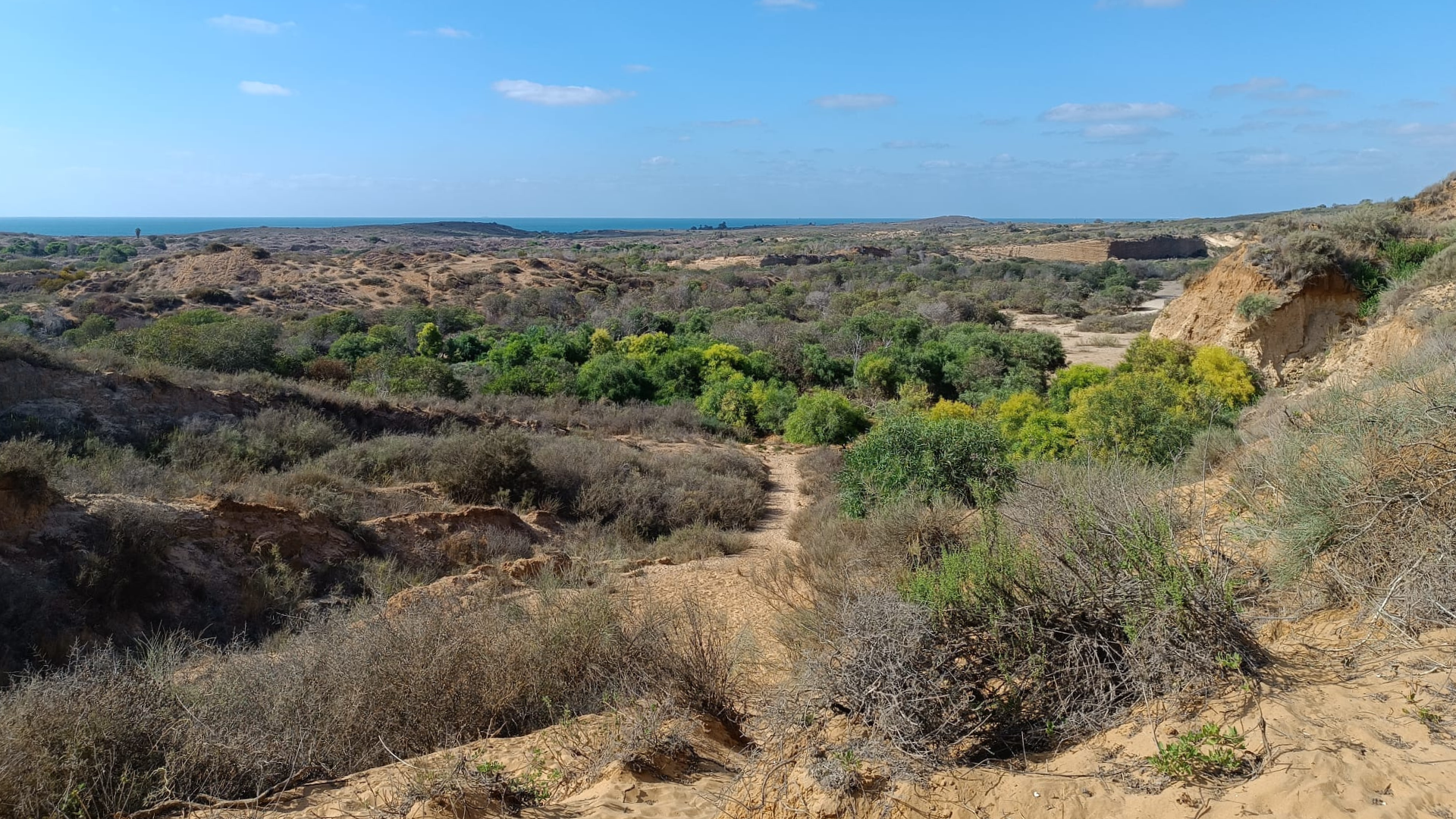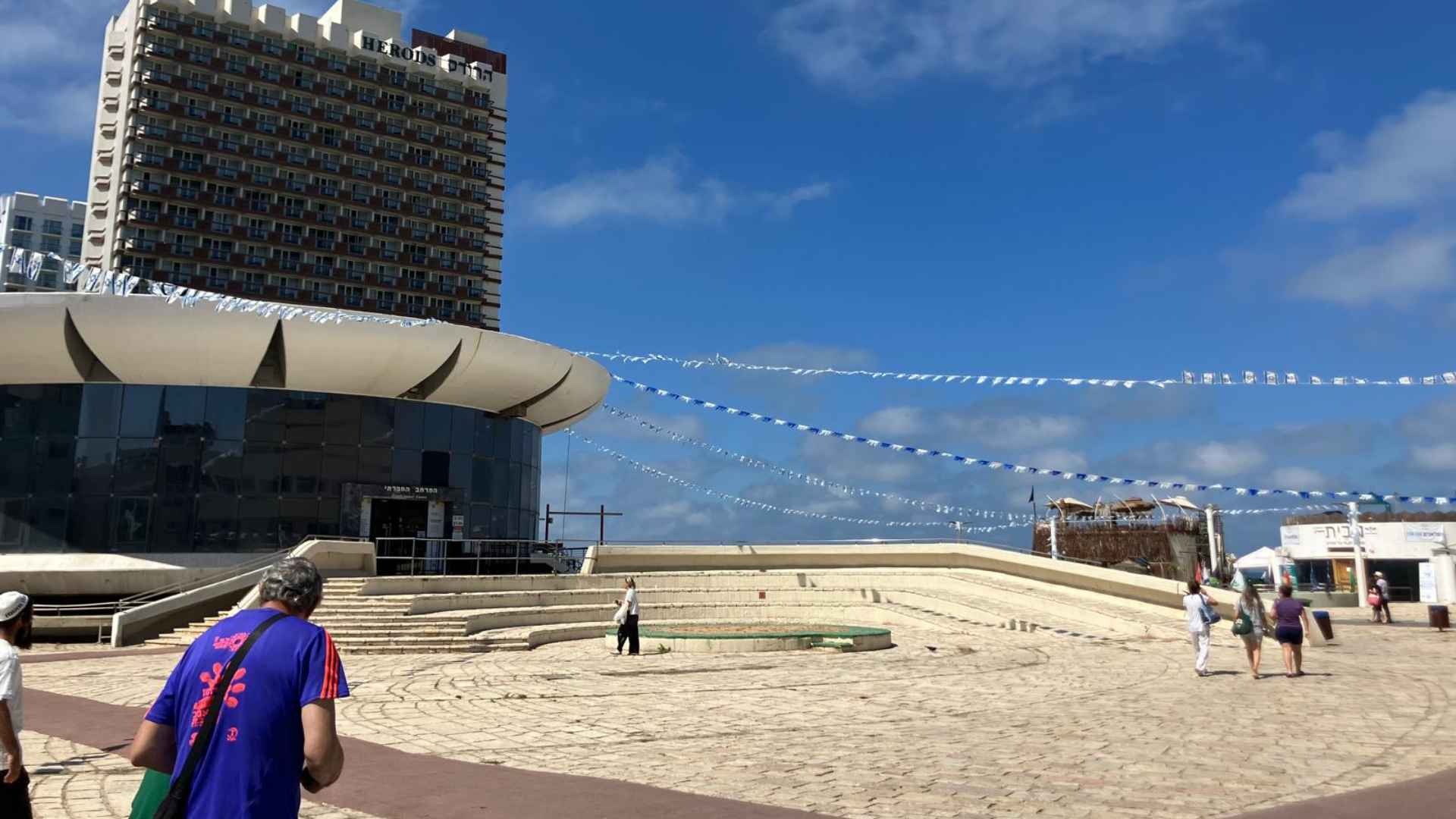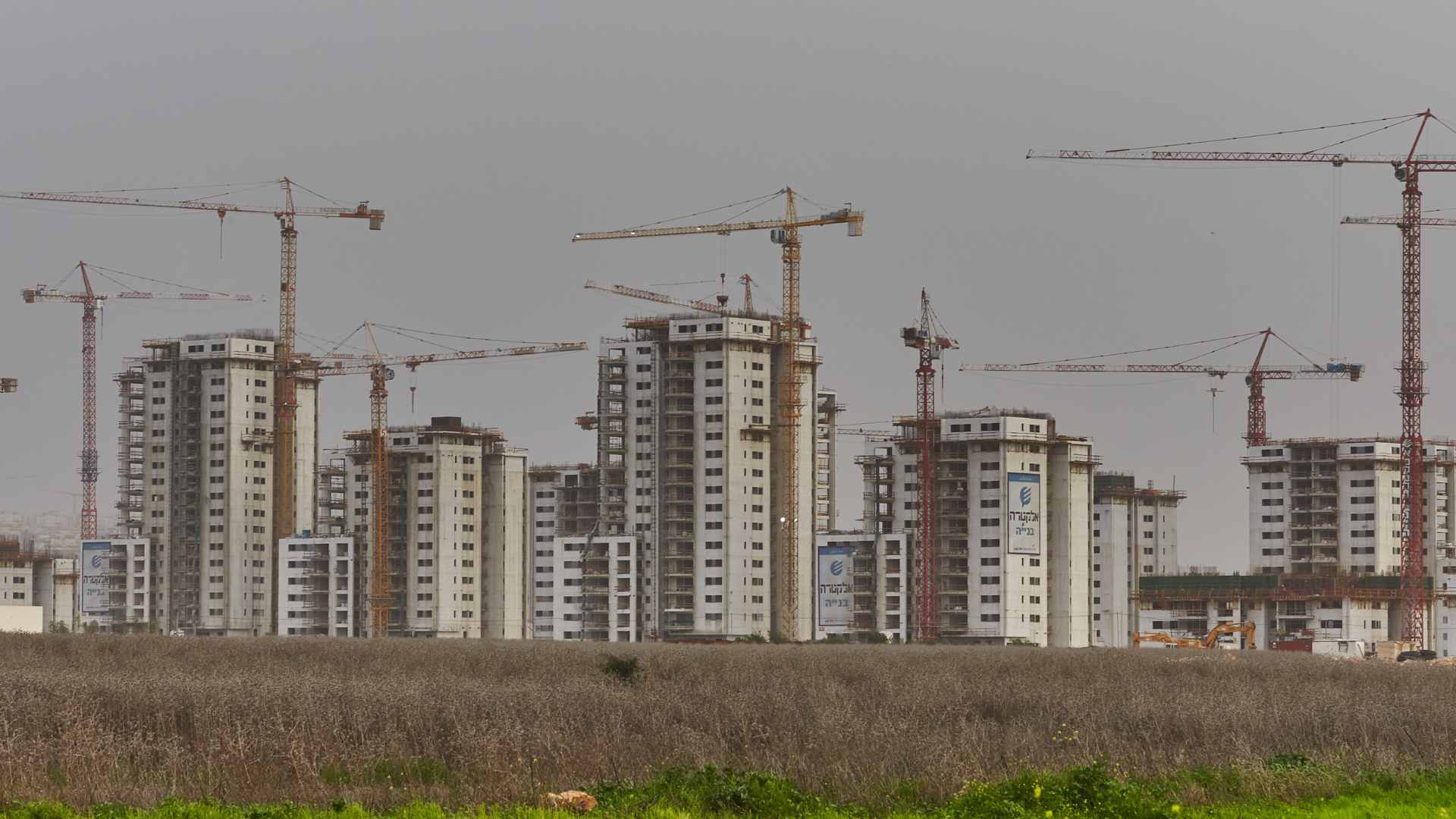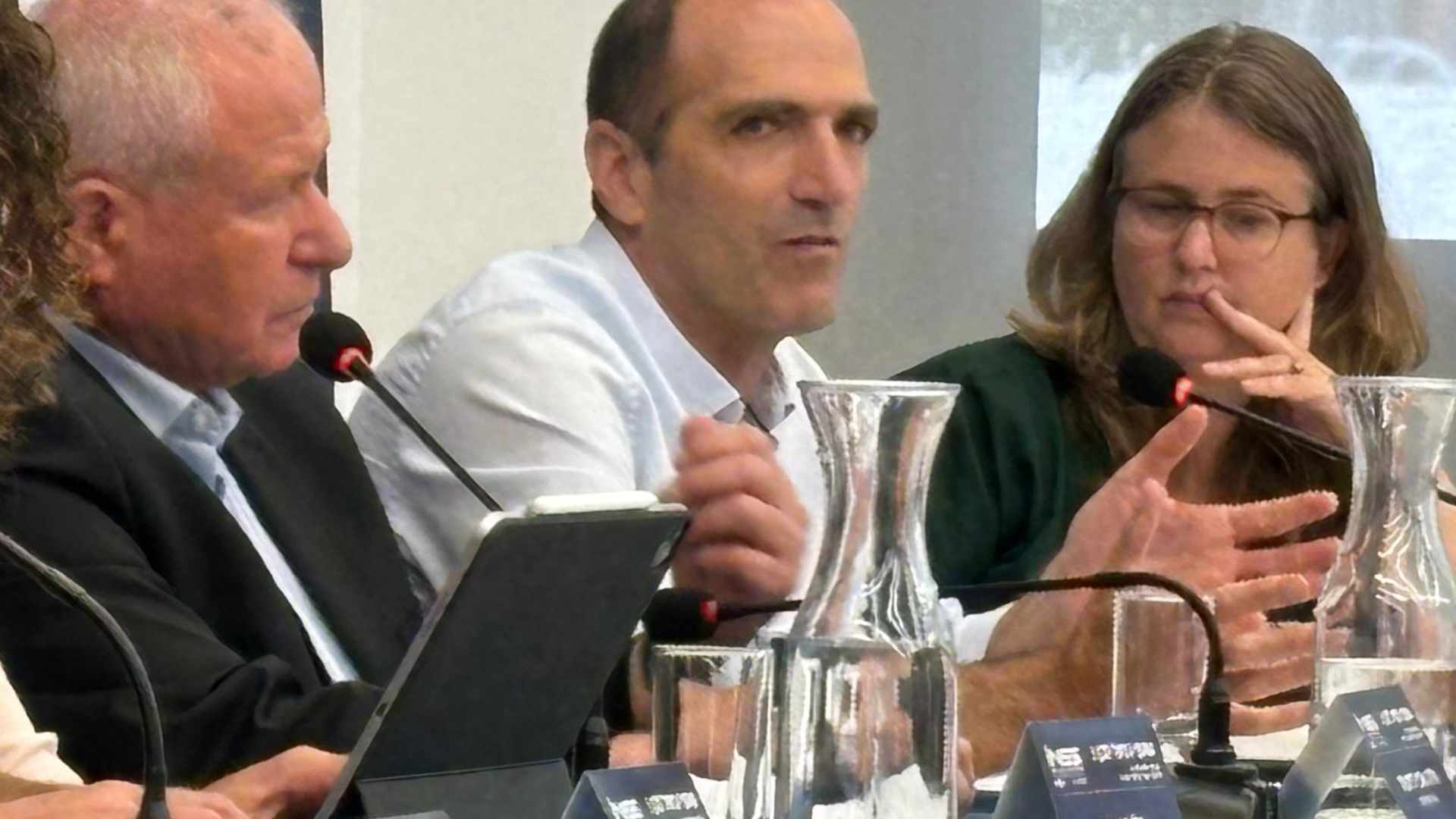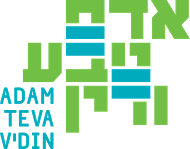Blog post by Rachel Smith-Savaya, Director of International Partnerships
I’d never much considered harvest festivals. I knew that many of our biblical, Jewish holidays are agricultural, and I knew that the Jewish calendar is a lunisolar one; incorporating both the moon phases (how the calendar was originally set) and the solar to ensure our holidays are rooted in their correct seasons. Yet, one of the odder reactions I have experienced since October 7, is a new connection to and appreciation of our crops and farmers.
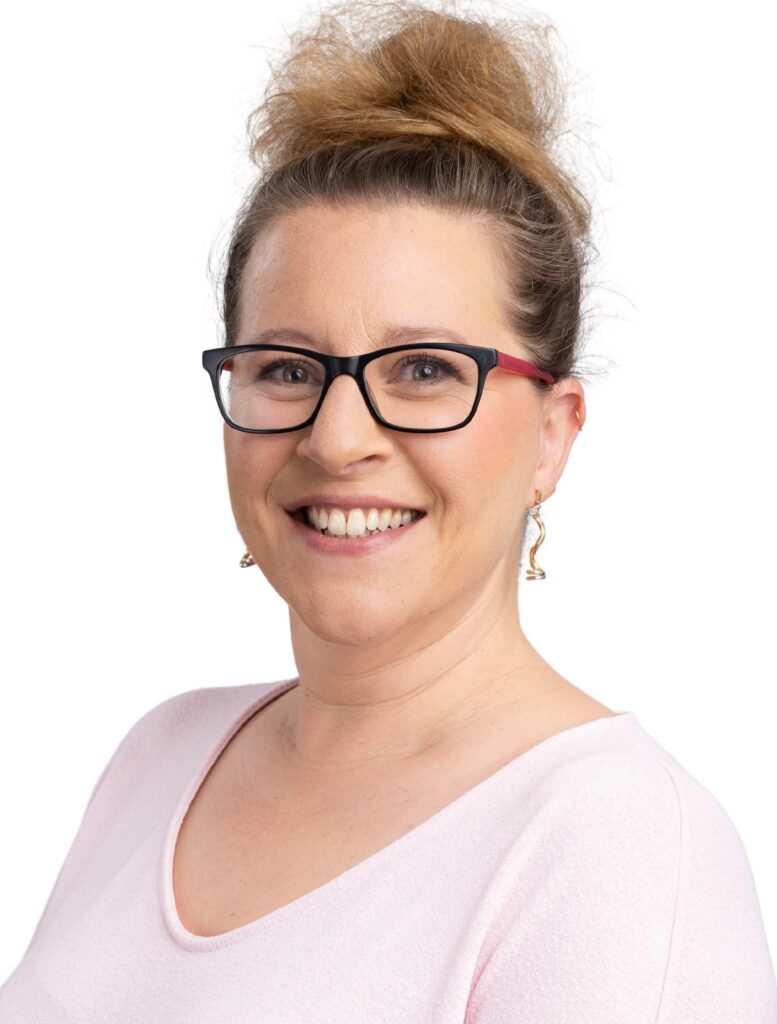
Living in the Merkaz (center of Israel), the first month or two or the war saw me rushing my young children to shelters and explaining at an age-appropriate level the meaning of the sirens and explosions overhead. My eldest, who in September had started Kita Aleph (First Grade) spent the most time at home, as her classroom was more than 90 seconds away from the school’s bomb shelter; until ‘things were quiet’, different grades alternated between school ‘on zoom’ and ‘in person’.
One morning, post zoom-school, we ventured to the supermarket. In the supermarket’s bomb shelter (a siren rang out shortly after we arrived), we discussed what fruit and vegetables to buy. However, once it was safe to head back into the store, I noticed that many of the shelves were bare. Otef Aza (the Gaza perimeter communities), now known as the Tkuma region, is Israel’s breadbasket with approximately 75% of vegetables and 20% of fruit (consumed in Israel) grown there. Seeing empty shelves was yet another blow of realizing how the war was affecting us all.
At work we were motivated to direct our thirty years of experience in environmental protection and policy making to prioritize environmentally-sound practices in the reconstruction process. Read more about of commitment to Tkuma here.
As the weeks and months dragged on, I joined hundreds of volunteers in the fields, orchards and greenhouses of Otef Aza. While picking delicious tangerines, I saw firsthand the desperate need for agricultural support. Many farmers had been killed or abducted or drafted into the army, and thousands of foreign workers had quickly returned home. Agricultural infrastructure had been destroyed, our world-renowned drip irrigation tubing viciously cut; without pruning and picking, what was left of our crops was rotting. Without volunteer support, Israel would be unable to remain self-sufficient and forced to import all the produce we usually grew ourselves, at a much higher price.
Just before Pesach I attended a climate change conference. Haim Jelin, former head of the Eshkol Regional Council and resident of Kibbutz Be’eri, spoke of how the wheat crop – in keeping with the agricultural ties to Pesach – had just been sown in Be’eri.
This was no mean feat. Ze’ev Hacker, the main grower of wheat in the Negev and also a Be’eri resident had been a victim of October 7. Be’eri survivors of October 7, had been evacuated and the land had no one to work it. In a beautiful example of unity and caring, volunteers from the Bedouin city, Rahat sowed the wheat.
As Jelin explained, sowing is a sign of hope and life; of looking forwards. One only sows a crop if there is determination to watch it grow and be harvested. It brought the words of Psalm 126 to life, “Those who sow in tears shall reap in joy.” As our national anthem reminds us, to be Israeli and/or Jewish, is to never lose hope.
May this Chag HaKatzir (The Harvest Festival) truly be a time for joy. May we not only enjoy the wheat harvest; may Israel have no fear for food scarcity from this or any future security or climate threat and may all the hostages be safely returned.


